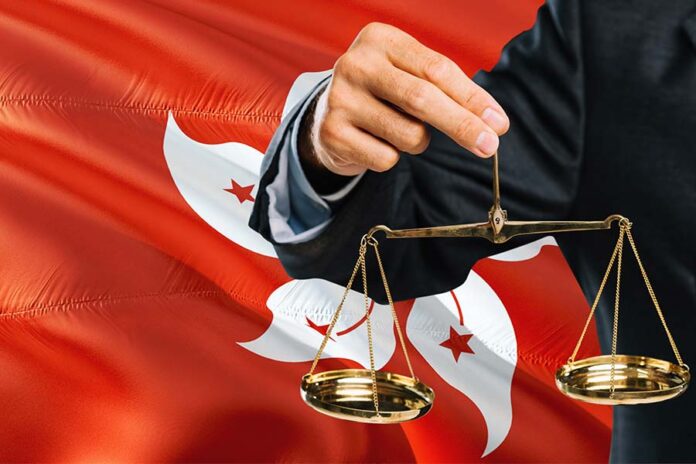Hong Kong International Arbitration Centre celebrated its 25th anniversary in November with a conference entitled Rethinking International Arbitration.
The conference took place shortly after the passing of a new Arbitration Ordinance in Hong Kong, which became law on 11 November. The long-awaited ordinance was the product of 10 years of public consultation and debate. It is expected to come into force within a few months.
The ordinance abolishes the distinction in Hong Kong law between domestic and international arbitration, creating instead a unified system based on the model law of the United Nations Commission on International Trade Law (UNCITRAL). “Fundamentally there was nothing wrong with the international regime that applied to China-related arbitration, but they have redrafted and streamlined it quite a lot,” John Choong, a senior associate in the dispute resolution practice at Freshfields Bruckhaus Deringer in Hong Kong, told China Business Law Journal.
The ordinance limits the power of the Hong Kong courts to intervene in arbitration. For example, the automatic right to apply for a review of an arbitral award on a question of law has been removed, and must be opted into by the parties. Several other provisions have also been recast as “opt-ins”.
In another important change, the new ordinance adopts article 17 of the UNCITRAL model law as amended in 2006, which sets out wide-ranging powers for an arbitral tribunal to order interim measures such as orders for the preservation of assets. “Technically, an interim measure ordered by a Hong Kong tribunal is not directly enforceable against a foreign party,” said Choong. “However, some foreign parties including Chinese parties will choose to comply, because ultimately that same tribunal will be making an award in the arbitration, and failure to comply with the initial order may leave them with a bad impression.”
Final arbitral awards made in Hong Kong are enforceable in China under the Arrangement Concerning Mutual Enforcement of Arbitral Awards Between the Mainland and the Hong Kong Special Administrative Region. This arrangement seeks to replicate the obligations of the New York Convention on the enforcement of arbitral awards. The New York Convention applies between states, and therefore has not applied between the PRC mainland and Hong Kong since the return of Hong Kong to Chinese sovereignty in 1997.
Other innovations in the new Arbitration Ordinance include more detailed provisions governing the costs that arbitral tribunals may allow; a codified obligation to keep information disclosed during arbitration proceedings, and the arbitral award itself, confidential; and a provision allowing an arbitration to be stayed once begun so that an arbitrator may act instead as a mediator.






















